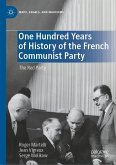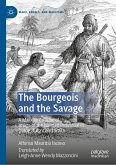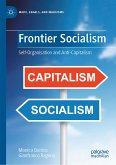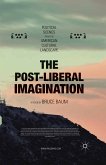-Peter Niesen, Hamburg University
"Britain's transformation into an economic powerhouse over the course of the seventeenth and eighteenth centuries was matched by a formidable group of contributors to economic theory and international political thought. This excellent volume canvasses the ideas of over a dozen prominent "economists," including Hobbes, Locke and Bentham, as well as Hume and Smith. The work will prove a major resource to scholars in philosophy, the history of political economy, and international relations."
-Margaret Schabas, University of British Columbia-Vancouver, Canada
This book articulates international political theory in dialogue with economics on several questions. It asks: how has modern international theory been adjusted and nourished by economic ideas, theories and practices? How far has the distinctive contribution of some theorists to international theory been informed by their views on economy? What has been the impact of the theory of the state for economic and international theory? What sort of economic thinking has led to revise the debates constitutive for the modern international realm? How have economic debates been rhetorically connected to political debates in the field of international relations?
Mikko Jakonen is Professor of Social and Public Policy, University of Eastern Finland. His main research interests arein social policy, work, economy, social theory and history of political thought.
Dieser Download kann aus rechtlichen Gründen nur mit Rechnungsadresse in A, B, BG, CY, CZ, D, DK, EW, E, FIN, F, GR, HR, H, IRL, I, LT, L, LR, M, NL, PL, P, R, S, SLO, SK ausgeliefert werden.









